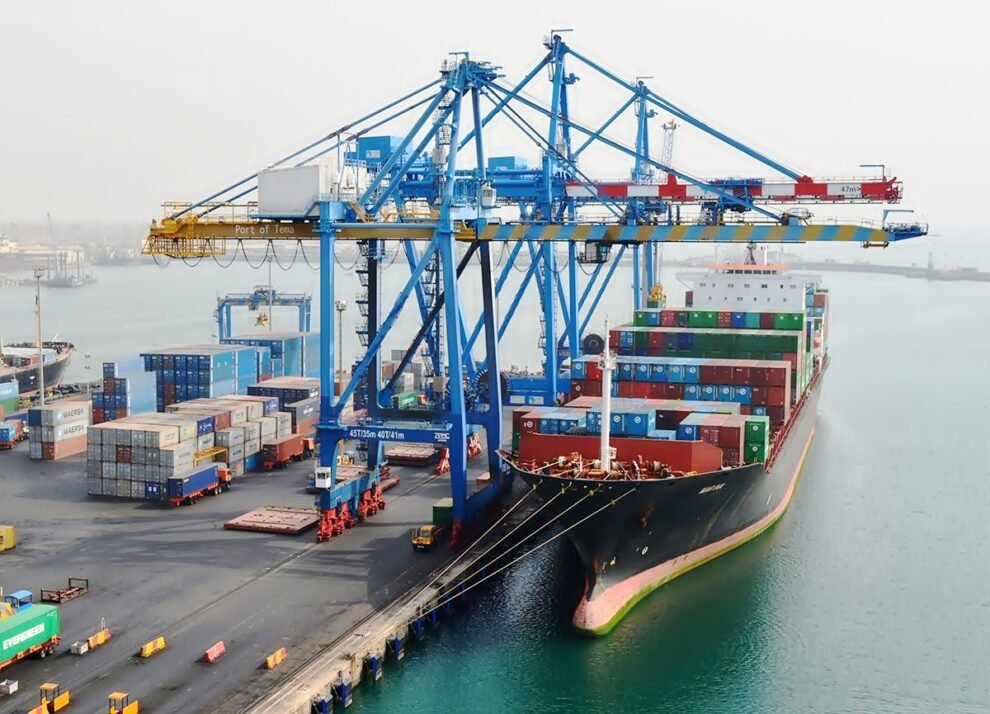The EEEP is aimed at strengthening the capacities of the selected beneficiaries to develop exports under the Ghana-EU Economic Partnership Agreement (EPA).
As part of the EEEP, the companies will undergo a series of training and coaching sessions from Compete Ghana experts on key aspects needed to enhance their capacity to export to the EU market.
At a validation workshop organised in Accra, Compete Ghana presented results of the export readiness assessment conducted for each company selected under the programme.
They (Compete Ghana) also presented the action plan for proposed interventions of the EEEP.
The participating companies have gone through an export readiness diagnostic assessment which identified their needs and capacities to be improved.
The companies present at the workshop expressed their readiness to develop their exports to the European Union (EU) markets, taking into consideration adherence to the regulations and standard requirements for doing business in the EU markets.
Under the EEEP, series of trainings will be organised by Compete Ghana which is funded with the support of the EU under the auspices of the Ministry of Trade and Industry (MoTI).
The companies will be assisted in developing their export strategy that aims at improving their market access and competitive position on EU markets.
As part of the trainings, the companies will be assigned with coaches who will mentor them in various areas where gaps have been identified in their operations.
The Team Leader of Compete Ghana, Nicolas Gebara, expressed his delights about the prospects of the programme so far, stressing that the initiative will lead to increased exports among the participants.
“By focusing on the individual needs of the participating companies, the Compete Ghana Programme will build capacity of enterprises to meet the EU import requirements, improve on their market entry mode and successfully carry out exports to the EU,” he explained.
Mr. Gebara noted that the ‘‘EEEP had been designed to strengthen the capacity of selected companies to promote their exports to the EU market’’.
That, he added, the 40 selected companies have already participated in a number of training on specialised topics, and that going forward, they would be mentored by experts who would equip them to export to the European Union (EU).
For his part, the Trade Counselor, EU Delegation, Mr. Raffaele Quarto, said the EU market was a developed market, hence the need for exporters to be updated on the requirements.
“You cannot just simply export because you will need to comply with the standards of the EU; you cannot simply produce, package and send to Europe, you need to be compliant to the EU standards in terms of quality of products, packaging and labelling,” he explained.
He noted, however, that “the good thing is that once you have fulfilled the standards at the European level, then you can export everywhere in the world”.
Also sharing his knowledge, a Key Expert on Exports and Marketing, Mr. Gerald Nyarko-Mensah, said the Compete Ghana previously focused on sector analyses, but the EEEP programme is centered on assisting at individual enterprise level.
That, he added, the emphasis now was on understanding the characteristics of the individual enterprise, particularly their gaps as far as exporting to the EU was concerned.
He said Compete Ghana would be setting up a virtual Ghana Trade Center (GTC), driven by an e-commerce platform and backed by a physical outsourced fulfilment centre, based in the targeted markets to create a closer relationship between exporters and their buyers.
The Trade Centre (GTC), Mr. Nyarko-Mensah explained, would also provide information and market intelligence on opportunities in the foreign markets, promote Made in Ghana products, foster business-to-business linkages and follow up on shipments, to address post clearance issues that may arise in the export markets.
Source : Graphic











